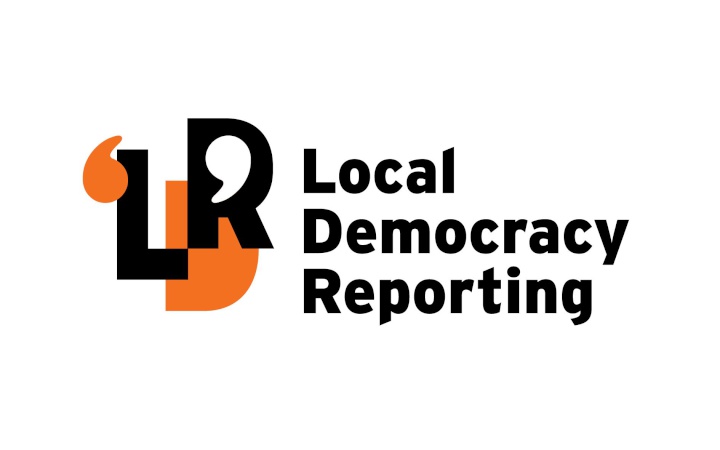A North Canterbury council has voted to press ahead with plans to form ‘‘a coalition of the willing’’ to manage local water services.
Hurunui District Council voted 8-3 to form a new water services council controlled organisation (CCO) with Kaikōura District Council at a council meeting on Tuesday, May 13.
‘‘This is a big step for us as a small council,’’ Hurunui Mayor Marie Black said, calling the proposed entity ‘‘a coalition of the willing’’, in reference to the earlier work between the three North Canterbury councils, including Waimakariri, to consider water options.
The Waimakariri District Council is proposing to form its own in-house business unit.
Mrs Black said the door remained open to Waimakariri and other councils to join the CCO and collaboration between the three North Canterbury councils is expected to continue.
‘‘Whatever the outcome, I call on whoever is around the table after the October election to ensure it is for the betterment of the district.’’
The council received 53 submissions, with 25 in support of forming a joint CCO with Kaikōura and 23 favouring an in-house water services business unit.
Deputy Mayor Vince Daly supported forming the CCO, but said he was concerned about the future of the council, with around 30 water services staff set to move over to the new entity.
Councillors Dave Hislop, Ross Barnes and Vanessa McPherson voted against forming a CCO, expressing a preference for forming an in-house business unit.
The Hurunui district has small population of around 14,000 over a large geographical area, while Kaikōura has a population of 4200.
Both councils have invested heavily in their water infrastructure over the last decade.
Under the new legislation, a joint CCO can borrow up to 500 percent of its revenue, instead of the usual borrowing limit of 280% for councils.
Chief financial officer Jason Beck said the council had $62m debt on its three waters infrastructure due to its investment over the last decade.
While the council’s overall debt represented a debt to revenue ratio of around 100%, the three waters infrastructure debt was close to the 500% limit against its water services income, he said.
In contrast, the Kaikōura District Council has ‘‘a relatively low debt’’ on its three waters assets, as it was largely replaced after the 7.8 magnitude earthquake in November 2016, thanks to insurance and Government support.
With the investment planned in last year’s 2024/34 Long Term Plan, Mr Beck said the council’s debt was expected to exceed its self imposed debt limit of 175% if its three waters infrastructure remained in house.
The council would need to obtain a credit rating to allow it to increase its debt beyond 175%, which would cost around $60,000 a year and take up considerable staff time, he said.
The Local Government Funding Agency’s borrowing limit for councils was 280%.
The Kaikōura District Council is due to meet on May 28 to make a final decision on whether to join forces with its southern neighbour.
Should Kaikōura vote against forming a CCO, the Hurunui councillors will meet again to consider their options.
LDR is local body journalism co-funded by RNZ and NZ On Air.



 Gordon Campbell: On The West’s War Against Iran
Gordon Campbell: On The West’s War Against Iran NZCTU: Government Turns Its Back On Workers’ Safety
NZCTU: Government Turns Its Back On Workers’ Safety Auckland Council: Experienced Property Owners Convicted For Persistent RMA Breaches Across Auckland Homes
Auckland Council: Experienced Property Owners Convicted For Persistent RMA Breaches Across Auckland Homes EDS: Government Undermines Regional Powers To Protect Coastal Biodiversity
EDS: Government Undermines Regional Powers To Protect Coastal Biodiversity Greenpeace: Shane Jones Indicates NZ's Entire EEZ Now Open For Oil And Gas Free-for-All
Greenpeace: Shane Jones Indicates NZ's Entire EEZ Now Open For Oil And Gas Free-for-All Ngati Kahungunu Iwi Inc: Kahungunu Submission Rejects The Regulatory Standards Bill In Its Entirety
Ngati Kahungunu Iwi Inc: Kahungunu Submission Rejects The Regulatory Standards Bill In Its Entirety Fire and Emergency NZ: Older People Are More Likely To Die In A House Fire This Winter - Check They Are Fire Safe Today
Fire and Emergency NZ: Older People Are More Likely To Die In A House Fire This Winter - Check They Are Fire Safe Today


